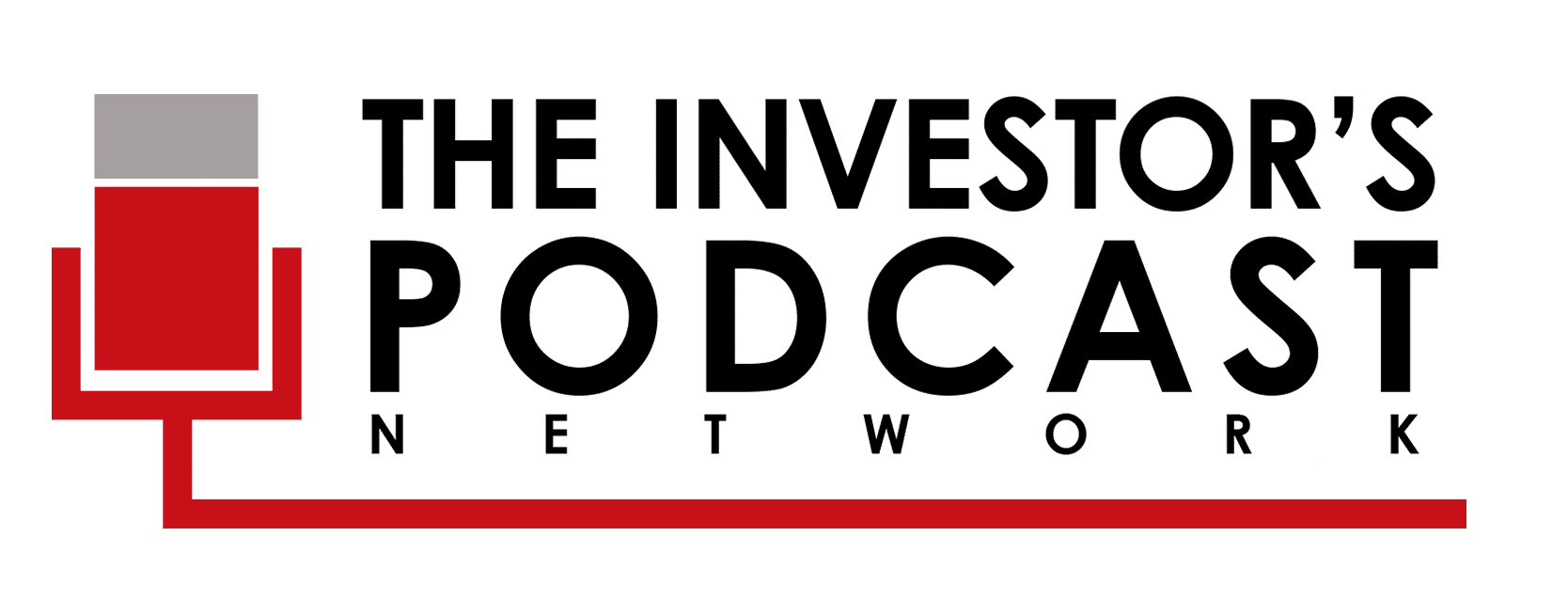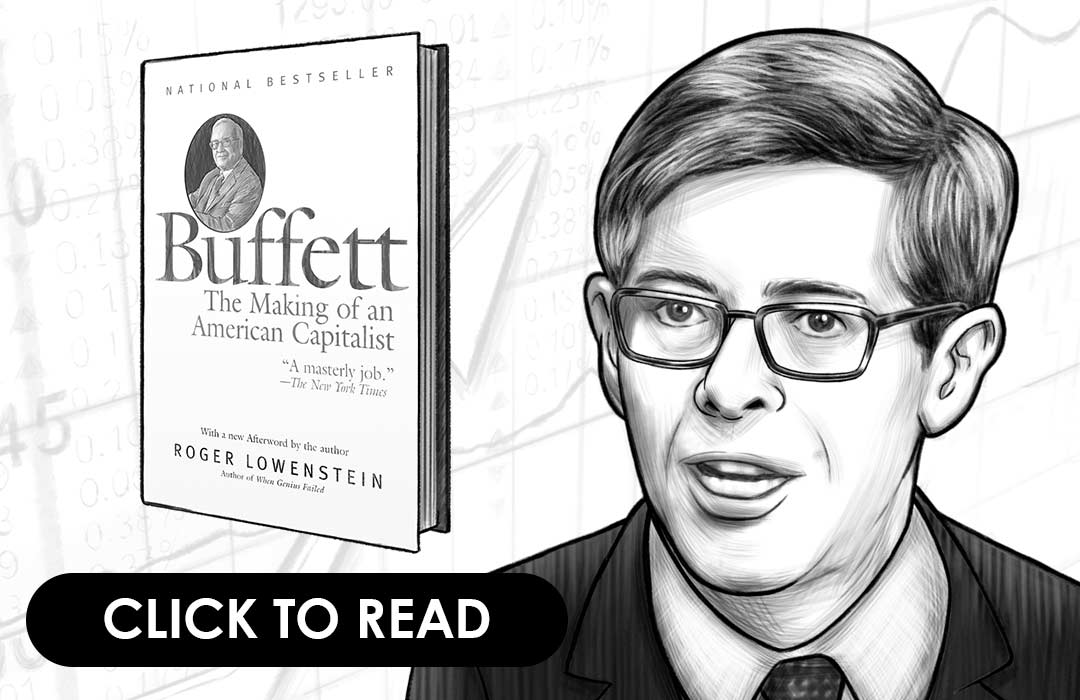An Executive Summary Of The Start-Up Of You
By Reid Hoffman
WHO IS REID HOFFMAN?
Reid Hoffman, born on August 5, 1967, is an American venture capitalist, entrepreneur, and author. Ben Casnocha, based out of California, is an American writer and entrepreneur. While Hoffman works as an executive chairman at LinkedIn, he’s also ranked one among the world’s richest people. On the other hand, Casnocha has authored several best‐sellers and also manages his company Comcate – a technology firm. Read on to know more about how you can become an entrepreneur in your job through this book: The Start-up of You: Adapt to the Future, Invest in yourself, And Transform Your Career.
PRESTON AND STIG’S GENERAL THOUGHTS ON THE START-UP OF YOU
Everyone that is starting his or her career should read this book. You’ll learn how to focus less on your hard assets and naturally gravitate toward business opportunities that lead to more success. The book is all about living a balanced life, where you feel comfortable in your niche, and still acquiring a skill set where you can continually adapt to changes in the business environment. As Reid Hoffman is writing in his book: “Do you have 20 years of experience, or do you actually have one year of experience that was repeated 20 times.” Some of the ideas in this book will really make you think about the way you approach your job, your network, and most importantly your path forward.
Understand the financial markets
in just a few minutes.
Get the daily email that makes understanding the financial markets
easy and enjoyable, for free.
CHAPTER 1: ALL HUMANS ARE ENTREPRENEURS
All of us, as humans, have the ability to take charge and become entrepreneurs. In fact, we were born as entrepreneurs. Of course, this doesn’t mean that you scramble and start a company right away. Many of us cannot handle the mental and emotional stress that comes with founding companies. However, we all possess the tendency to create something, and that’s the foundation of entrepreneurship. Even our ancestors adapted to the challenges they faced and invented different rules to survive. But, as time passed by, we forgot about all that and unfortunately behave like labor today.
Over several generations, immigrants from different parts settled in America with a goal of enjoying a better life. They worked hard and the country grew prosperous with every passing decade. Before long, the general consensus was that if you had the will to work and possessed some decent skills, you would gradually go high up the ladder and eventually make it someday. For the past six decades, the job market seemed like an escalator to people. People worked until they could, and were content with their pension when they retired. However, things aren’t the same now.
Today, even if you’re educated, you could get stuck in a low level in some company, or perhaps even end up jobless. The escalator that worked like a well‐oiled machine is jammed now. There are several challenges in any profession nowadays, and therefore, no matter whether you’re a lawyer or a doctor or an engineer, it’s essential that you utilize your entrepreneurial instincts to forge ahead in your career. You don’t have to be a businessman to feel like an entrepreneur because your job requires your complete attention, thanks to rising competition. The assumptions and myths that were followed earlier no longer work now, and we have no other option other than adopting an entrepreneurial mindset to survive in our careers. You must be willing to learn every day as you’re a work‐in‐progress.
CHAPTER 2: DEVELOP A COMPETITIVE ADVANTAGE
With so many opportunities, there are millions of people equally skilled to do what you’re doing, so what makes you different or special? Do you set yourself apart from your competitors? Well, if you aren’t doing it, it’s time you do so. It’s common knowledge that if something’s worthy, then there will be competition. There’s no way around it.
Zappos – an online retailer selling shoes – understood the important fact that they need to be different than their competitors. Unless your product is faster, cheaper and better than other products in the market, you are doomed to fail. While other retailers offered their 30-day return policies, Zappos smashed competition by offering it for 365 days! As if that wasn’t enough, they also offered free shipping while their competitors expected their customers to bear shipping charges.
Customers are somewhat fickle minded, and with so much going on, they rarely have the time to analyze small differences. If your product doesn’t command attention, you might not survive. Zappos overcame their shortcomings by offering excellent customer service. Similarly, you need to identify where you’re strong.
First off, you need to determine your assets, whether they are your soft assets – connections, skills and knowledge – or hard assets – your cash. Next, you need to figure out how you can grow in the future. Thirdly, it’s essential to face the reality and identify what your customers will pay you for. A combination of all the three factors is important since they cannot function independently. The best way to beat competition is to invest in yourself. Even if you’re a master in a small, particular niche, remember that you’re better than the others at least in that area.
CHAPTER 3: PLAN TO ADAPT
Experts and authors of best‐sellers will tell you that you need to have your goals charted in your mind before you begin your journey. It’s universally accepted that you need to be sure of what you’re doing. Some will even tell you to follow your instincts and do what your heart says. While such advice may be positive, it can sometimes be detrimental too.
Experts urging you to focus on the ultimate goal before everything else can get you into serious trouble. For starters, they don’t consider the changes that affect your career as you go on. They assume that the world is static, when it’s obvious that it’s not. In fact, we as humans change every day, so it’s only natural for our competition and the world to change too. You can’t rely on introspection to forge a career, but what you should focus on is experimentation.
We learn more only when we experiment. Many startups sacrifice profits to experiment because they know that the rewards will be sweeter later. Similarly, you need to experiment and see what works for you. It’s not going to be easy now, but it will guarantee a good life later. In other words, you need to concentrate on your soft assets more than the hard assets. Of course, this doesn’t mean that you don’t plan anything. You need to be flexible and adapt to situations as and when you face it. Companies like Paypal and Flickr adapted according to the demands of the situation and ultimately tasted success. Always have a Plan B if your Plan A doesn’t work, and if both the plans don’t work, make sure that you’re ready with Plan Z that works as a lifeboat when you’re in terrible situations.
CHAPTER 4: IT TAKES A NETWORK
Whether you’re the owner of a company or an employee with a fixed income, you can’t underestimate the power of teamwork. Even if you’re excellent at what you do and learn every single day, you can’t succeed without a solid team. Just like Jobs needed Wozniak to make Apple a great company, top professionals across the world function well when they are in a team.
Ultimately, it boils down to your relationships and how you handle people at work. You learn from people around you. Remember that you’ll have an ally in many close friends while the rest may be just acquaintances. Your allies are very important when it comes to good advice, but try not to ignore your acquaintances since they may play a bigger role than you think.
In this age of social media where everything works through connections, you need to be on top of your game by keeping in touch with people that matter. You should also encourage others around you by introducing them to people you know. If a friend is trying to promote his/her brand, you can always step forward to help. This way, you’ll be able to pursue projects together if everything works well. Working solo may seem fun, but it won’t produce as much as teamwork.
Also, helping others in rough times will ensure that they will return the favor if things turn sour for you. Build your network, and since your connections are from different industries, your network will only broaden with time. For instance, if you have a few connections on LinkedIn, you’re connected to a wider network that gives you various opportunities to expand your circle. Therefore, ask to get introduced and also help others get connected to get the most of your network.
CHAPTER 5: PURSUE BREAKOUT OPPORTUNITIES
People become successful only after they find the right opportunities. For example, an artist might find that golden opportunity to display his work at a museum after someone cancels it. A lawyer might find something equally opportunistic when he’s grouped with another successful lawyer as a partner. Opportunities come suddenly and while some of us are clueless about it, others seize them and make the most of it.
If availing great opportunities were that easy, and if everybody managed to be at the right place at the right time, we would all be extremely successful. Yes, opportunities come to everyone, but only the ones that use their network to take advantage of it will survive. Even entrepreneurs need that one opportunity to shine, and they use their skills to find the best they can. Similarly, if you want to achieve anything noteworthy in your career, you have to focus on finding the opportunities that will change things for you.
But, how do I find those opportunities, you ask? Well, you start off by developing habits that may increase your chances of finding more opportunities. In order to accomplish that, you have to be dynamic and pay attention to even random ideas that form within your network. Learn to tap the people in your circle.
Also, remember that opportunities are nothing but people who can help you succeed. In other words, you can join clubs with people who share a common interest. Don’t be afraid to voice your opinion and be open to ideas. Sure, you might face a few constraints, but your lack of resources will only push you to work harder. Entrepreneurs hustle their way up to the top, and if you really want to be the star, you need to pull up your socks and do the same.
CHAPTER 6: TAKE INTELLIGENT RISKS
Most people shy away from risks since it scares them. Whether you’ve lost money in the stock market or have gambled your money, we associate them all with risks. However, we fail to understand that risks aren’t the real problem; in fact, it’s a part of our lives. The more we chase such risks, the better our chances of breakout opportunities that can change our lives.
Also, an opportunity that seems risky to you might not risky for someone else. If you aren’t spending time seriously thinking about the risk, it might not be a risk at all. Of course, it’s a tad tough to assess risks, and therefore you need to follow a few rules. Firstly, analyze whether it’s really a risk because we tend to overestimate risky situations. Next, be prepared to face the worst, but if the worst implies that you can die or lose everything, simply avoid it because it’s not worth it.
Thirdly, be aware that risks are different from your uncertainties. If you’re ignorant about something, it doesn’t mean that it’s risky! Also, it’s not possible to predict anything accurately, and thus, your best shot is to build resilience to face anything. Most importantly, develop stability by facing small risks on a day-to‐day basis. As you take up such smaller risks, you’ll avoid the bigger risks and heartache too.
Understand the financial markets
in just a few minutes.
Get the daily email that makes understanding the financial markets
easy and enjoyable, for free.
CHAPTER 7: WHY YOU KNOW IS WHAT YOU KNOW
Bill Gates once said that the best way to stand out in a crowd is to equip yourself with information. The way we use the information can be the deciding factor between success and failure. His statement is very true, but the way we are conditioned to study our text books and then repeat them in exams won’t help us.
We are taught to treat knowledge like it is some fixed asset – you just learn and possess it forever! But, times have changed and how! In fact, knowledge isn’t static because it changes constantly. A student can’t learn everything necessary for entrepreneurship and regurgitate it on the exam day. Students need to be aware that when in business, every day should be treated like an exam day because you learn something new and unpredictable every time.
Therefore, entrepreneurs rely on intelligence to work their way through. When times are rocky, they use their network intelligence to forge ahead. By collecting all the intelligence – timely information about everything related to the business such as sales trends, competitor’s activities, customer needs, opportunities and young talent – entrepreneurs are able to navigate any situation with ease. Similarly, if you gather all the intelligence required for your job and take appropriate action, you’ll be way ahead of the others.







